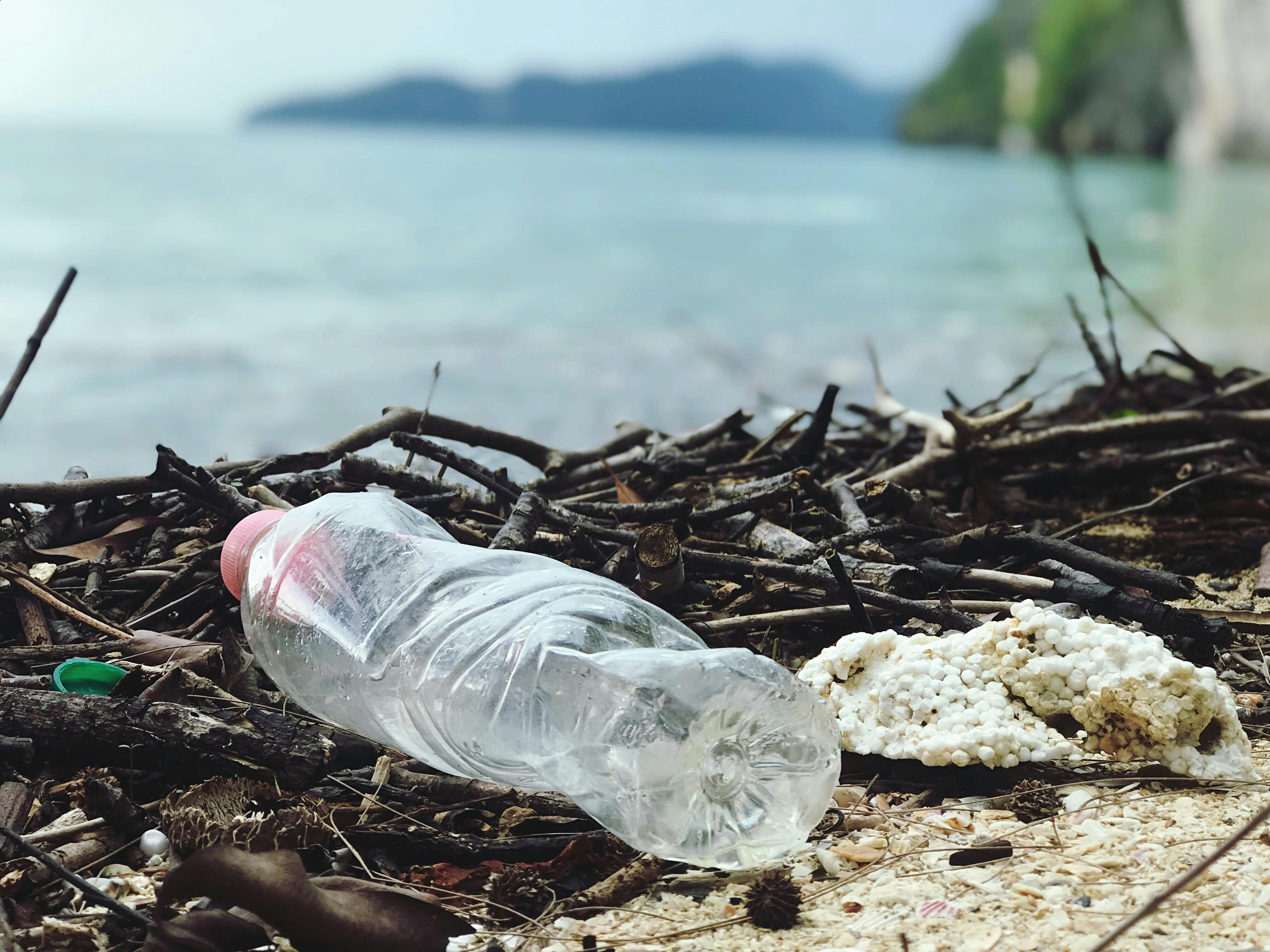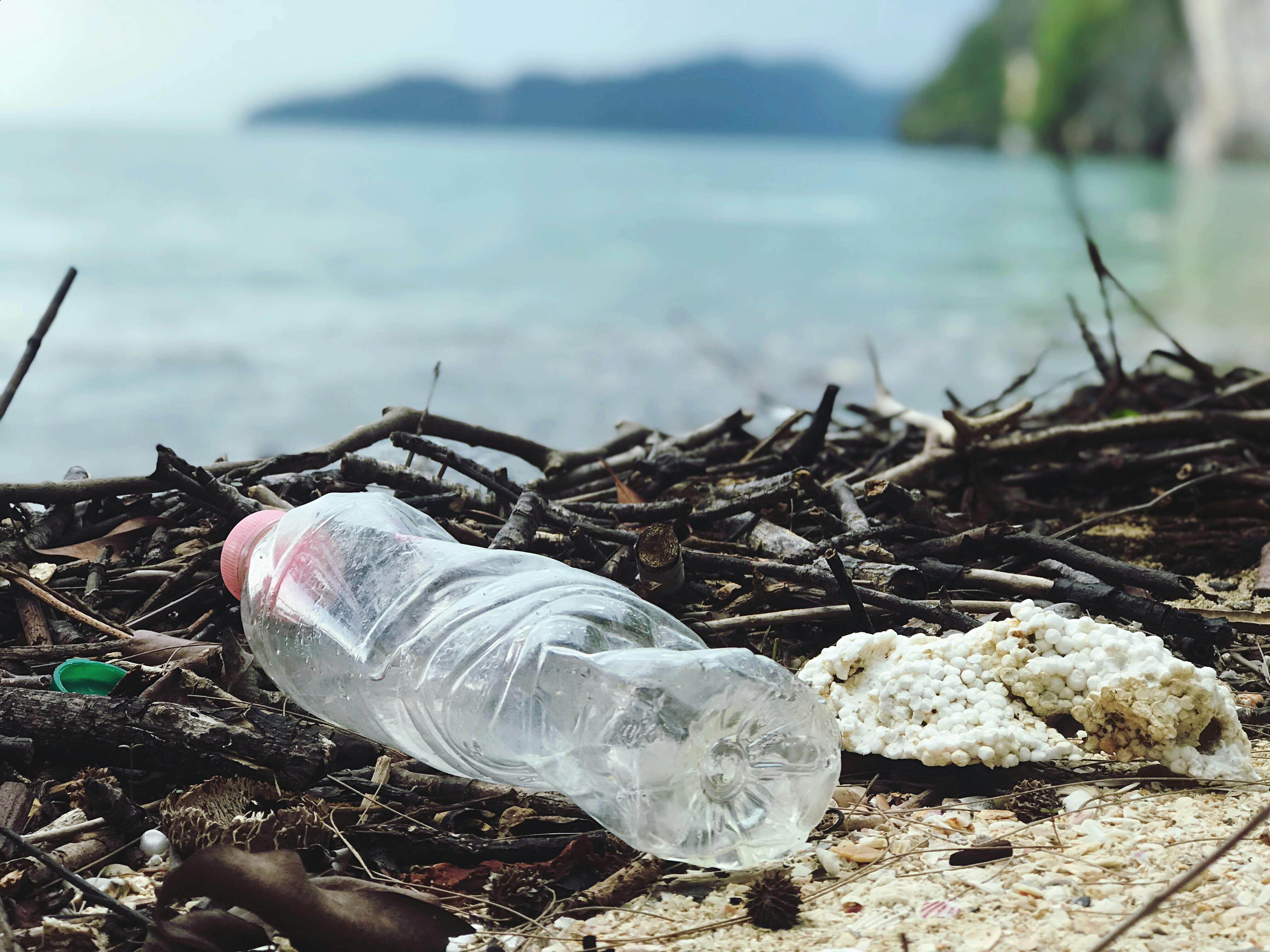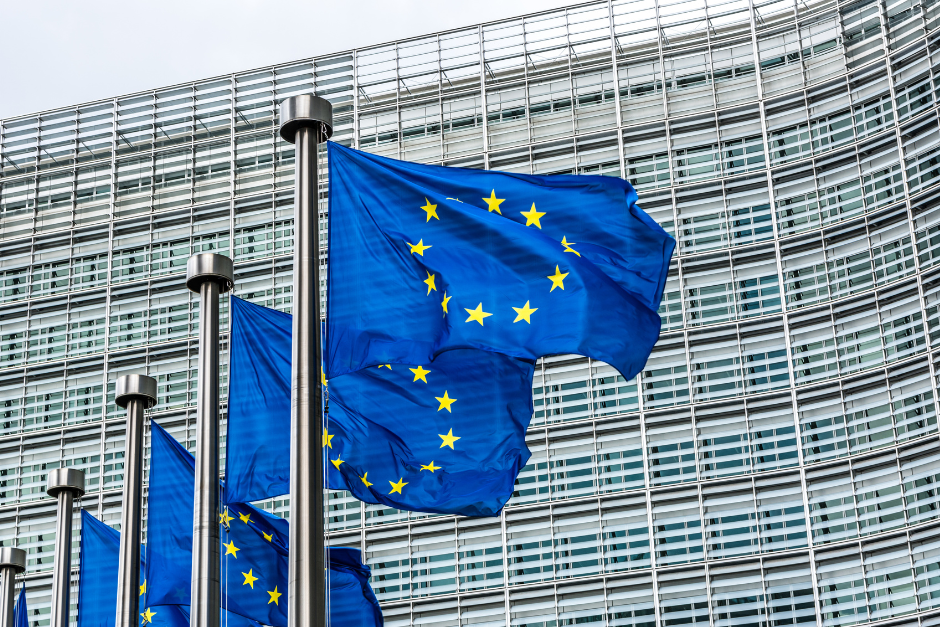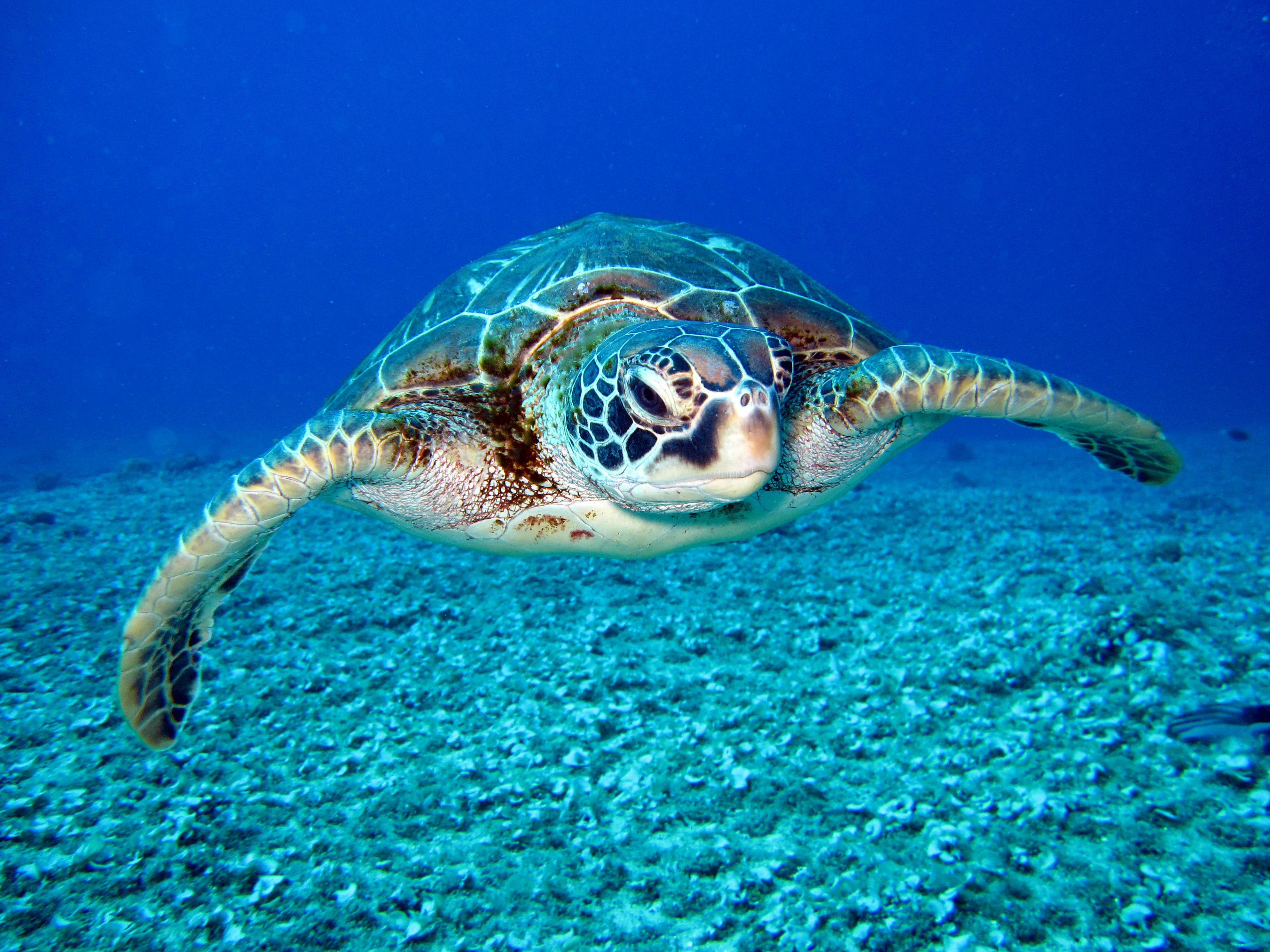Beyond the Compliance Card Why the EU Omnibus Forces Businesses to Re-Think the Purpose of Sustainability
On 9 December 2025, the European Parliament and Council reached a political agreement on amendments to the CSRD and CSDDD as part of the Omnibus I...




.jpg?width=5472&height=3648&name=www.cgbusinessconsulting.comhubfspexels-magda-ehlers-pexels-2547565%20(2).jpg)


